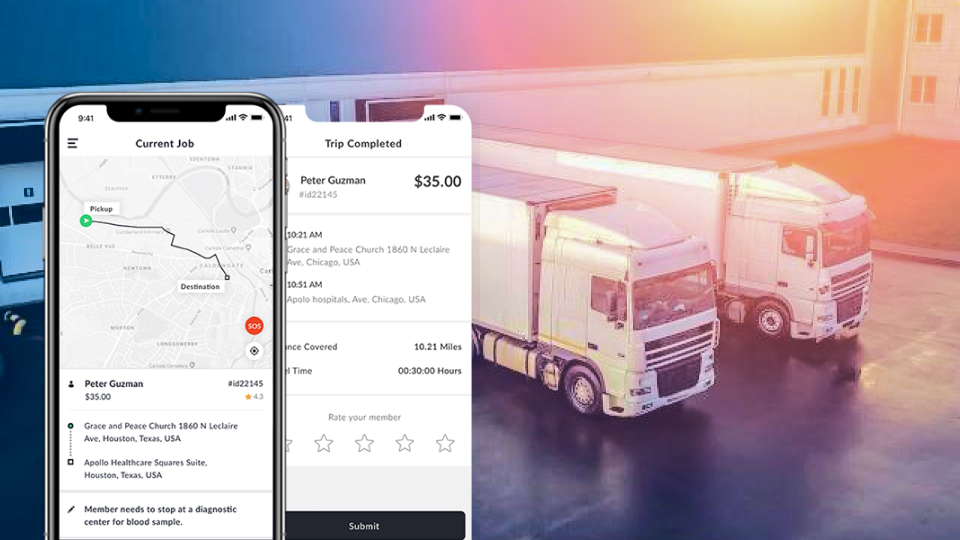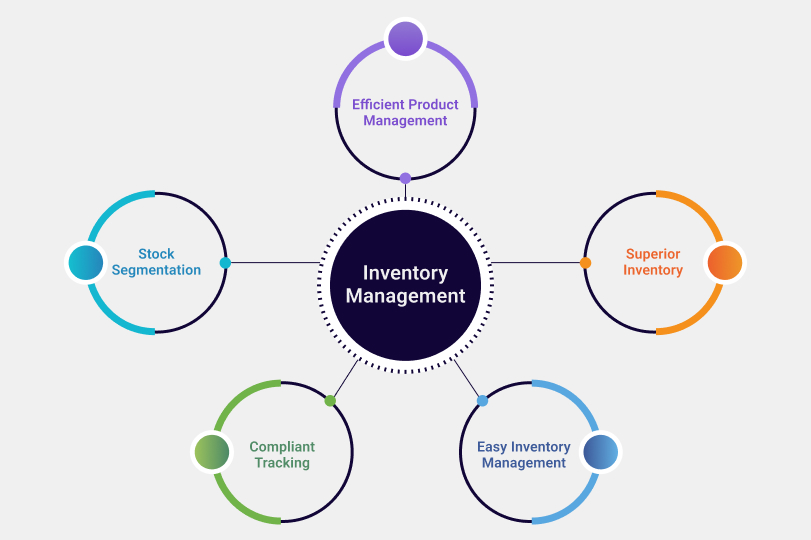
How Supply Chain Management Software in Slovakia Improves Sustainability
According to a report, the annual growth (CAGR 2024-2029) of the global supply chain industry is going to reach 4.14%, leading to a market volume of US$24.58bn by 2029. As the world increasingly shifts towards sustainable business practices, Supply Chain Management Software in Slovakia plays a critical role in supporting eco-friendly logistics and supply chain processes. Slovakia, with its commitment to greener initiatives, is making significant strides in reducing its environmental footprint. By adopting Logistics & Supply Chain Management Software Slovakia, companies are finding effective ways to manage their supply chains while promoting sustainability. This software enables organizations to optimize transportation, manage resources efficiently, and ensure compliance with environmental regulations, paving the way for a greener future.

What is Supply Chain Software?
Supply Chain Software refers to a technology platform that helps businesses plan, control, and execute supply chain operations from procurement to delivery. The key features of Supply Chain Management Software Slovakia include:
Inventory Management
Tracks stock levels in real-time, helping businesses avoid overproduction and reduce waste.
Order Processing and Fulfillment
Automates order management, reducing delays and improving efficiency.
Supplier Collaboration
Facilitates seamless communication with suppliers, ensuring that products meet sustainability standards.

Transportation and Route Optimization
Helps reduce transportation costs and environmental impact by optimizing delivery routes.
Sustainability Reporting
Tracks metrics such as carbon emissions, energy usage, and waste, ensuring businesses comply with Slovak and EU regulations.
How to Use Logistics and Supply Chain Solutions in Slovakia to Maintain Sustainability
Incorporating logistics and supply chain solutions Slovakia is vital for businesses that aim to prioritize sustainability while maintaining operational efficiency. Here are several key ways in which supply chain management software can drive eco-friendly practices:
Reducing Carbon Footprint Through Route Optimization
One of the most impactful ways Supply Chain Management Software Slovakia contributes to sustainability is through route optimization. By analyzing traffic patterns, fuel consumption, and delivery schedules, the software identifies the most efficient routes for shipments. This reduces unnecessary driving distances, leading to lower fuel consumption and reduced CO2 emissions. Slovak companies can significantly decrease their carbon footprint by leveraging these optimization features.
Minimizing Waste with Real-Time Inventory Management
Real-time inventory management is a powerful tool within logistics and supply chain solutions Slovakia. By tracking inventory levels with precision, businesses can prevent overstocking and understocking. Overstock leads to excess production and waste, while understocking can result in rushed production that often consumes more resources. SCM software helps companies avoid these pitfalls by ensuring that inventory matches actual demand, thereby supporting a circular economy and reducing waste in the supply chain.

Managing Energy Efficiency in Warehousing and Distribution Centers
Energy management is another crucial aspect of sustainability in supply chain operations. Supply Chain Software Slovakia integrates smart systems to manage energy consumption in warehouses and distribution centers. From automated lighting systems to temperature control, the software ensures that energy is used efficiently. Also, it helps reduce overall operational costs and carbon emissions. Businesses in Slovakia can leverage these features to make their supply chain facilities more energy-efficient and eco-friendly.
Encouraging Sustainable Sourcing and Supplier Collaboration
Logistics & Supply Chain Management Software Slovakia promotes sustainable sourcing by enabling companies to collaborate closely with suppliers who meet environmental standards. This ensures that materials and products are ethically sourced, reducing the overall environmental impact. Supplier collaboration features allow Slovak companies to monitor their partners’ sustainability practices, ensuring transparency and adherence to green standards. By supporting sustainable sourcing, businesses not only contribute to environmental preservation but also enhance their reputation in the market.
Supporting the Transition to Electric and Hybrid Fleet Management
The transition to electric and hybrid fleets is an essential component of sustainable logistics. Supply Chain Software Slovakia assists companies in managing these greener fleets by optimizing charging schedules, monitoring vehicle performance, and ensuring efficient route planning for electric vehicles. This reduces the dependency on fossil fuels and promotes cleaner, more sustainable logistics operations in Slovakia.
Data-Driven Sustainability Reporting and Compliance
Sustainability reporting is a growing priority for companies in Slovakia, as they are required to comply with both local and EU environmental regulations. Supply Chain Management Software Slovakia enables businesses to track and report key sustainability metrics. These metrics include energy usage, carbon emissions, and waste reduction. These reports are crucial for setting environmental goals and demonstrating progress toward sustainability. The software also ensures that companies remain compliant with Slovak regulations. Also, it helps them avoid penalties and maintain a positive public image.

Ensure Better Sustainability with Logistics and Supply Chain Solutions in Slovakia
Logistics and Supply Chain Management Software Slovakia is instrumental in driving sustainability across industries. From optimizing transportation and reducing waste to managing energy efficiency and ensuring regulatory compliance, SCM software provides businesses the tools they need to thrive in an eco-conscious market. By adopting these advanced solutions, Slovak companies not only reduce their environmental footprint but also ensure long-term competitiveness and operational success.





